
Asia and Middle East leaders preview 2025 trends
We reached out to our chief executives across Asia and the Middle East to share their perspectives on the key trends and themes shaping the future beyond 2025. From technological advancements and economic shifts, to evolving consumer behaviours and corridor-to-corridor initiatives, these leaders provide a comprehensive view of what lies ahead. Take a moment to explore these valuable insights and discover how industries across the region are preparing for the opportunities and challenges of tomorrow.
-
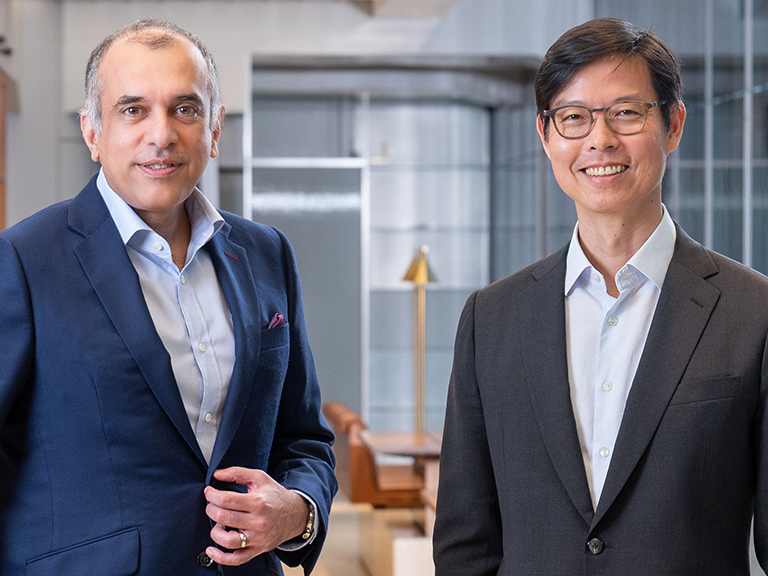 David Liao & Surendra RoshaCo-CEOs of Asia & Middle East
David Liao & Surendra RoshaCo-CEOs of Asia & Middle EastHow will Asian governments and businesses react to shifting global demand?
1 of 2 -
 Luanne LimCEO, Hong Kong
Luanne LimCEO, Hong KongHong Kong is a global fintech hub with a vibrant start-up scene. Start-ups have grown 34% in 5 years, with over 10 unicorns based here.
What’s on the horizon for fintech and new economy companies in Hong Kong?
1 of 3 -
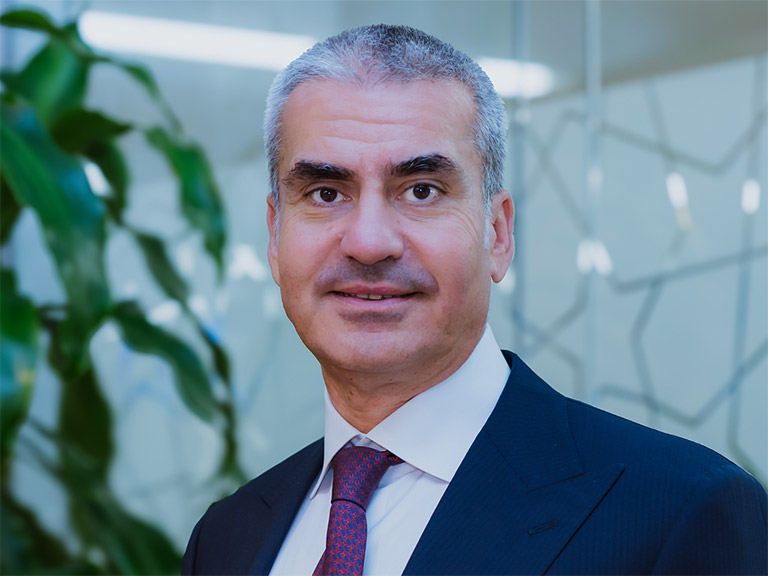 Selim KervanciCEO, MENAT
Selim KervanciCEO, MENATIn 25 years, the Middle East and North Africa will lead in renewable energy production and serve as a hub for global supply chains.
How is the Middle East strengthening international connectivity?
Find out Selim’s view1 of 4 -
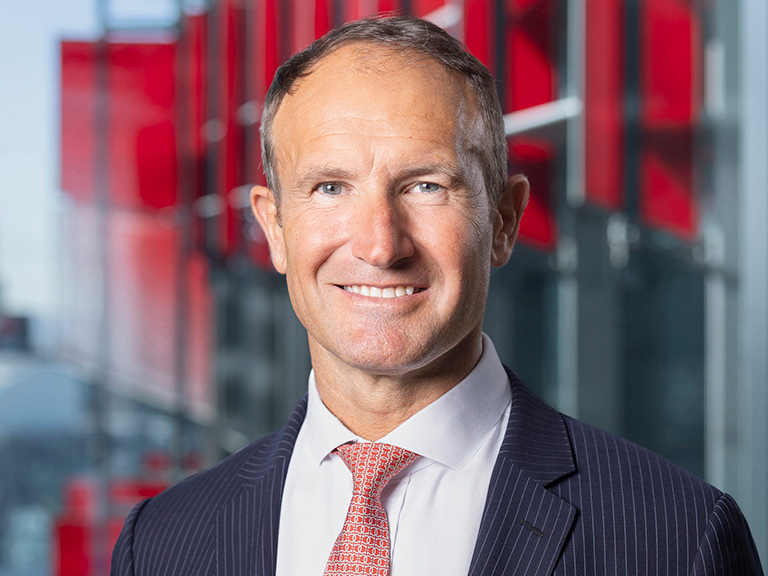 Antony ShawCEO, Australia & New Zealand
Antony ShawCEO, Australia & New ZealandAustralia has 18 Free Trade Agreements with more than 20 countries.
Will Australia and New Zealand companies boost their outbound investment in Asia?
Find out Tony’s view1 of 4 -
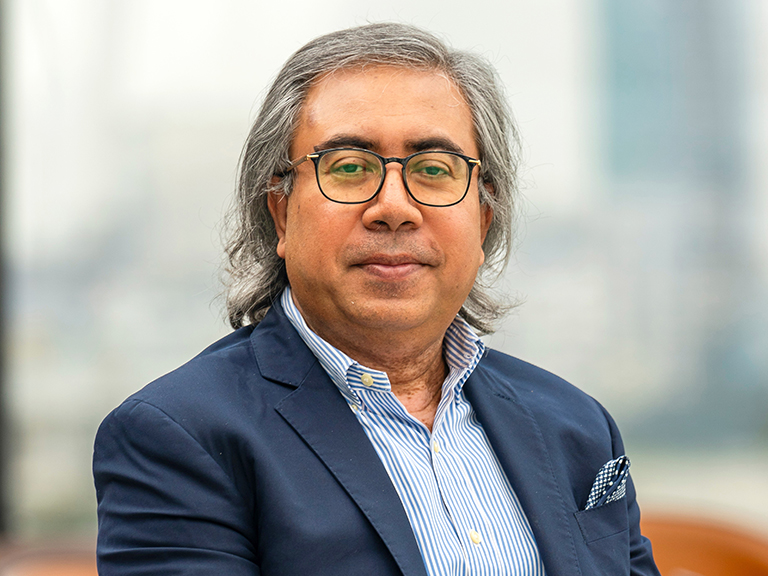 Mahbub Ur RahmanCEO, Bangladesh
Mahbub Ur RahmanCEO, BangladeshDuring the past 10 years, Bangladesh has cut its poverty rate in half thanks to market reforms that put millions of its citizens to work.
What is Bangladesh’s road to progress?
1 of 3 -
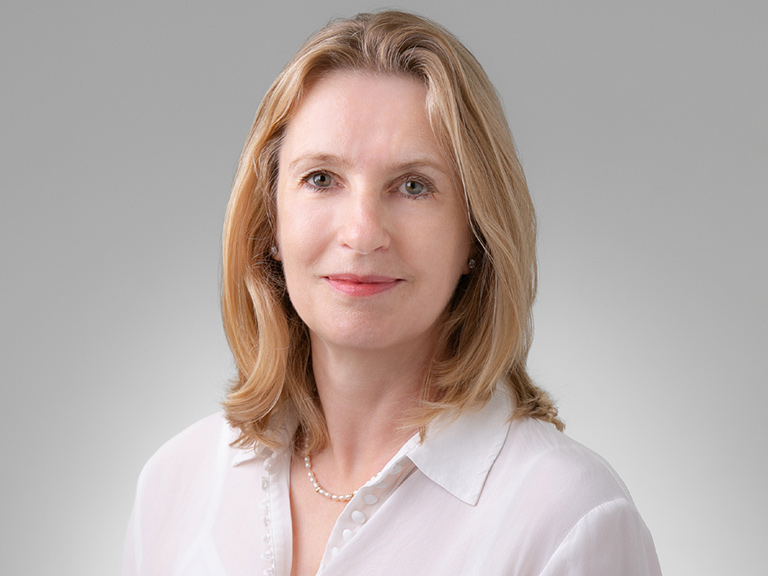 Karine ColynPresident & CEO of Japan
Karine ColynPresident & CEO of JapanThe Japanese economy is the fourth-largest in the world, as measured by gross domestic product.
How will the yen react to a Trump administration?
1 of 3 -
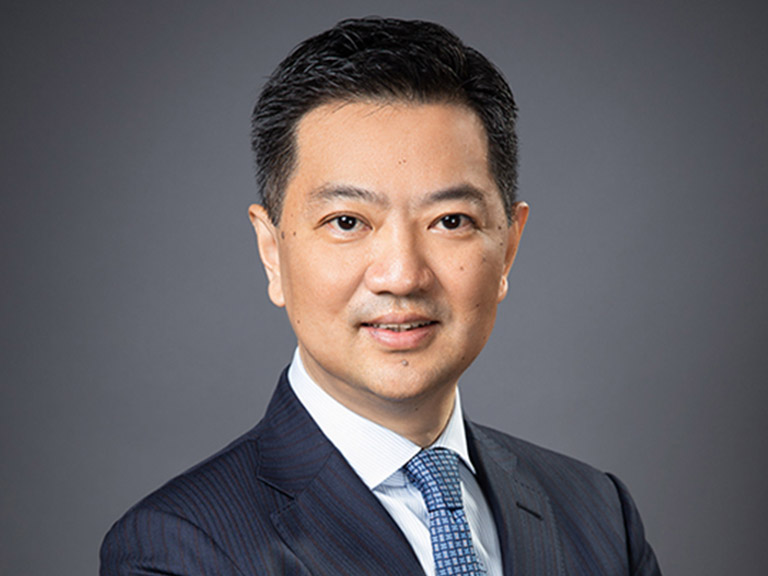 Mark WangPresident & CEO, Mainland China
Mark WangPresident & CEO, Mainland ChinaWith China’s policies on boosting domestic demand and investment, we expect expanded direct stimulus to support sustainable consumption growth, amid uncertainties from US trade policies affecting global trade flows.
How will China’s policy stimulus and US trade policies play out for domestic consumption?
1 of 3 -
 Hitendra DaveCEO, India
Hitendra DaveCEO, IndiaIndia is the world’s most populous country, home to over 1.4 billion people.
How can India, as the fastest-growing major economy, create more jobs in 2025?
Hear Hitendra’s view1 of 4 -
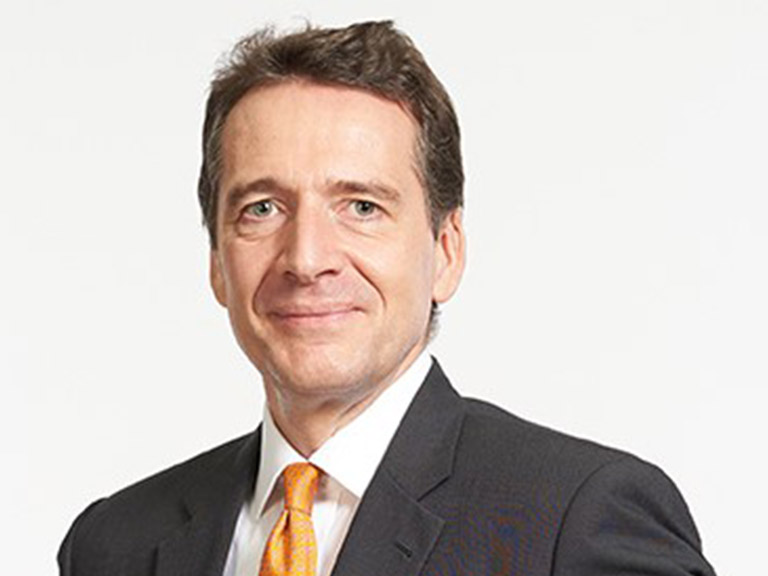 Francois de MaricourtPresident & CEO, Indonesia
Francois de MaricourtPresident & CEO, IndonesiaIndonesia is the world’s fourth most populous nation and 10th largest economy (in terms of purchasing power parity).
How can Indonesia boost GDP growth and realise its target to become a top four economy by 2045?
Find out Francois’s view1 of 4 -
 Peter KimCEO, Korea
Peter KimCEO, KoreaKorea was the sixth largest exporter globally as of September 2024, according to the World Trade Organisation.
How will Korea’s inclusion in the World Government Bond Index (WGBI) impact the country’s economy?
1 of 3 -
 Henry ChowCEO, Macau
Henry ChowCEO, MacauMacau ranked third globally in GDP per capita, with 10.6 per cent annual growth driven by tourism and a booming event economy, including concerts and the Grand Prix.
What will be Macau’s positioning in the Greater Bay Area Region in 2025?
1 of 3 -
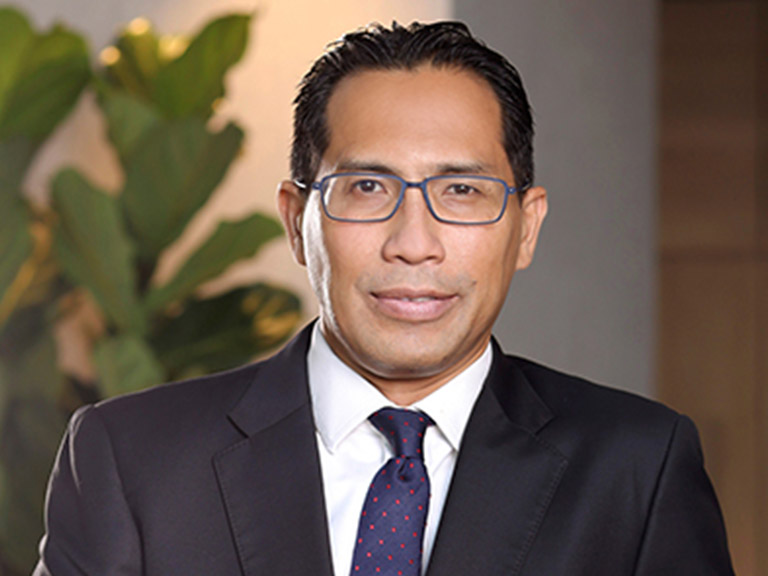 Omar SiddiqCEO, Malaysia
Omar SiddiqCEO, MalaysiaMalaysia assumes the chair for the Association of South East Asian Nations (ASEAN) in 2025.
How will Malaysia's ASEAN 2025 Chairmanship steer regional economic prosperity?
1 of 3 -
 Greg LowdenCEO, Mauritius
Greg LowdenCEO, MauritiusMauritius is often referred to internationally as the “Star and Key of the Indian Ocean”.
How is Mauritius connecting with Indian growth?
Hear Greg’s analysis1 of 4 -
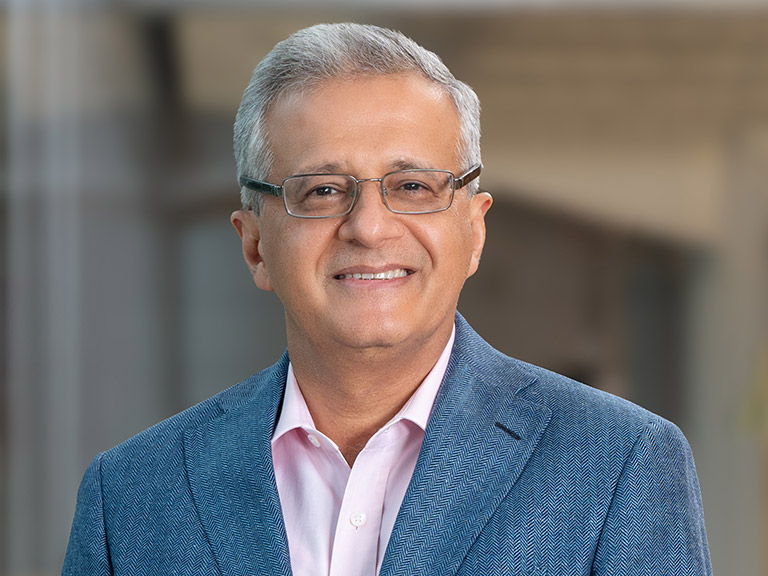 Sandeep UppalCEO, Philippines
Sandeep UppalCEO, PhilippinesThe Philippines is the world’s second largest producer of nickel.
How will the Philippines economy fare in a digital world?
1 of 3 -
 Wong Kee JooCEO, Singapore
Wong Kee JooCEO, SingaporeSingapore returns to top spot in 2024 as the most competitive economy out of 67 across the world’s eight major regions.
How will Singapore position itself to capture rising ASEAN opportunities?
Find out Kee Joo’s view1 of 4 -
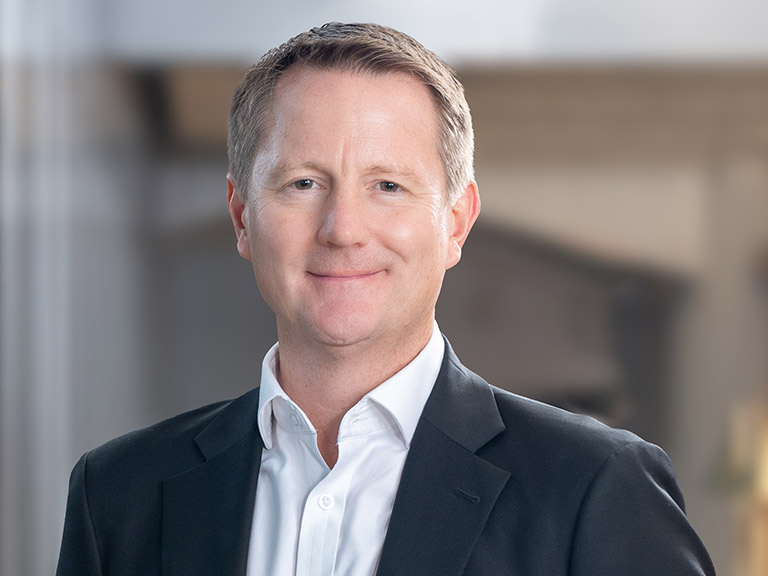 Mark SurgenorCEO, Sri Lanka & Maldives
Mark SurgenorCEO, Sri Lanka & MaldivesSri Lanka produces 300 million tonnes of tea annually and is a top five producer of tea in the world.
How is Sri Lanka becoming a maritime and business process outsourcing hub?
1 of 3 -
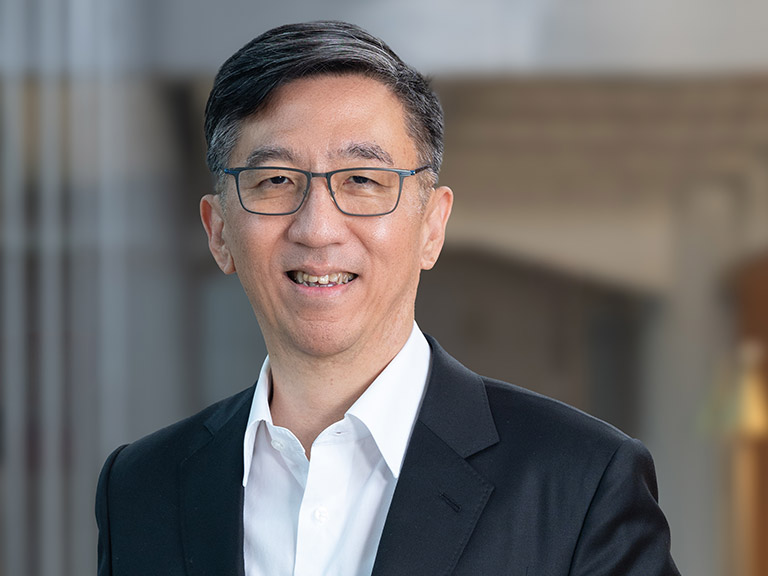 Adam ChenPresident & CEO, Taiwan
Adam ChenPresident & CEO, TaiwanTaiwan leads in semiconductor manufacturing, supplying over 60% of raw semiconductors and more than 90% of the most advanced ones.
What challenges and opportunities does Taiwan face in fostering AI innovation and industrial development in 2025?
1 of 3 -
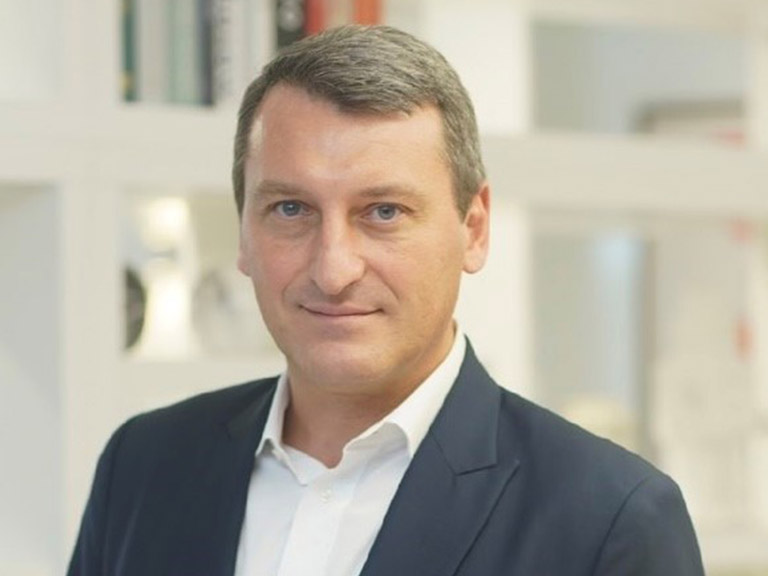 Giorgio GambaCEO, Thailand
Giorgio GambaCEO, ThailandThailand is among the top 10 most visited countries in the world.
With supply chains on the move, how will Thailand’s manufacturing renaissance take shape?
1 of 3 -
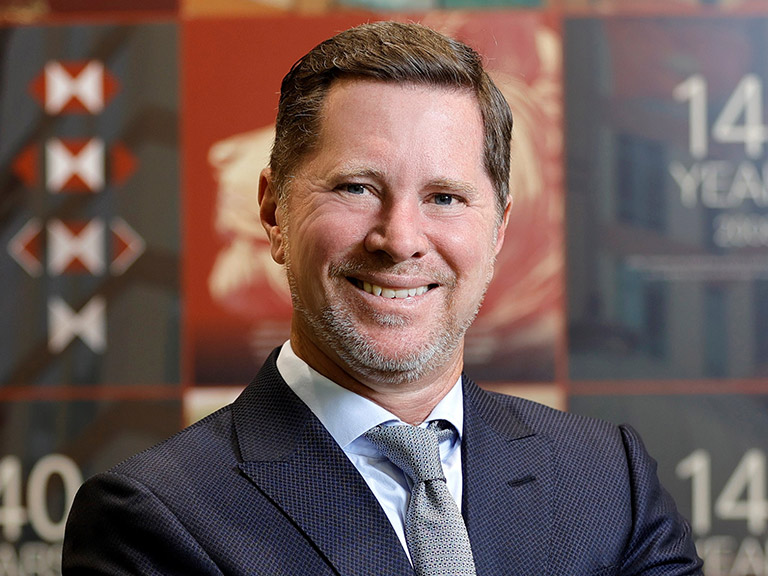 Tim EvansCEO, Vietnam
Tim EvansCEO, VietnamVietnam has likely restored its crown as ASEAN’s fastest-growing economy in 2024 with growth accelerating to 7.1%, and its economy size is projected to be USD750bn by 2030.
What will define Vietnam’s competitive edge in 2025?
Hear Tim’s analysis1 of 4 -
 James BarberCEO, Algeria
James BarberCEO, AlgeriaAlgeria’s economy grew by 3.9% in the first half of 2024 supported by a resilient agricultural sector.
What do recent reforms mean for the Algerian economy?
Hear James’s answer1 of 4 -
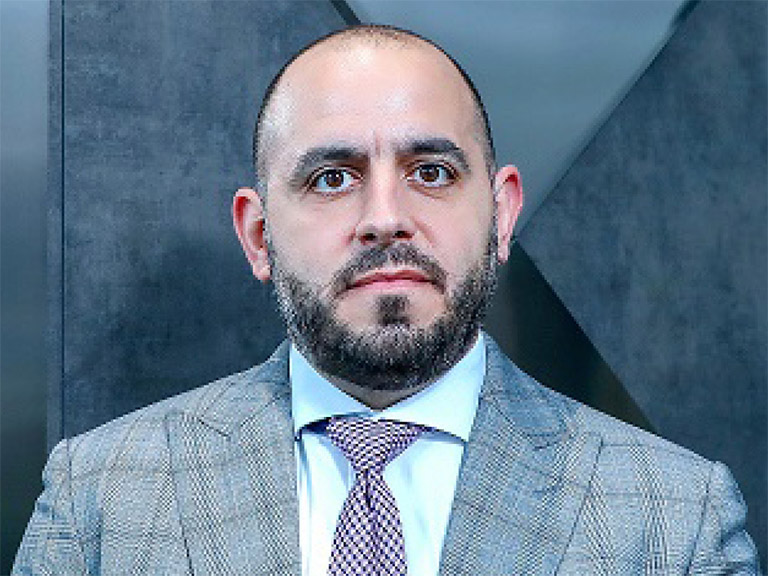 Joseph GhorayebCEO, Bahrain
Joseph GhorayebCEO, BahrainNon-oil activities contributed 85.2% to Bahrain’s real GDP in Q2 2024, driving economic growth.
How does government-driven digitisation support Bahrain?
Hear Joseph’s analysis1 of 4 -
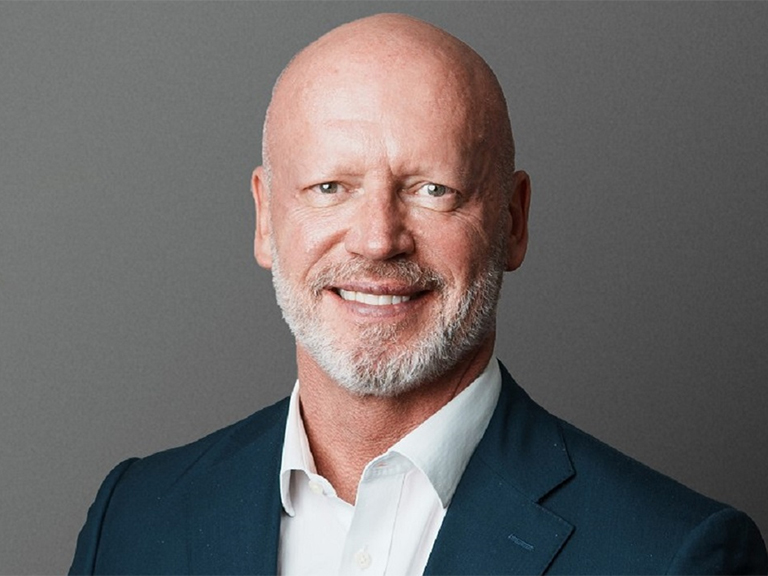 Todd WilcoxCEO, Egypt
Todd WilcoxCEO, EgyptNearly 14m tourists visited Egypt between January and November 2024, a 3.5% increase from the previous year.
How is Egypt developing future ready infrastructure?
Hear Todd’s view1 of 4 -
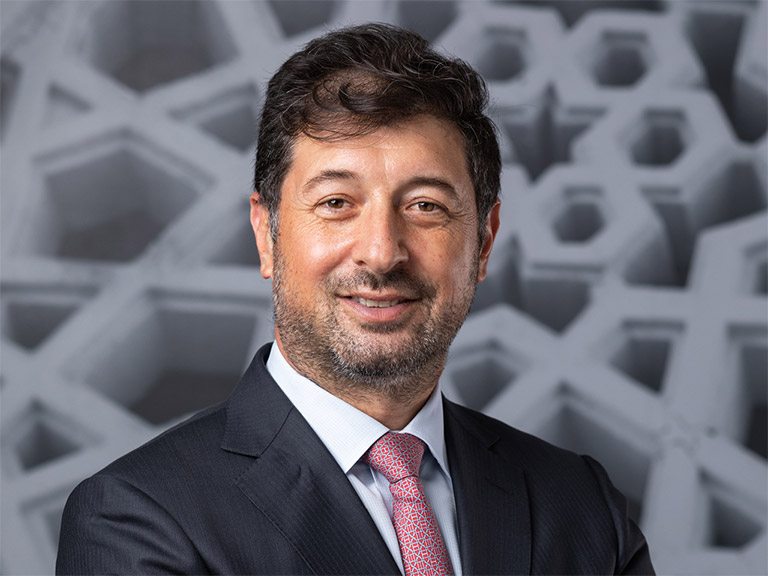 Samer AlabedCEO, Kuwait
Samer AlabedCEO, KuwaitKuwait’s non-oil economy grew 3.5% in the first half of 2024, driven by the real estate and manufacturing sectors.
Will the growth in foreign investment into Kuwait continue?
Find out Samer’s view1 of 4 -
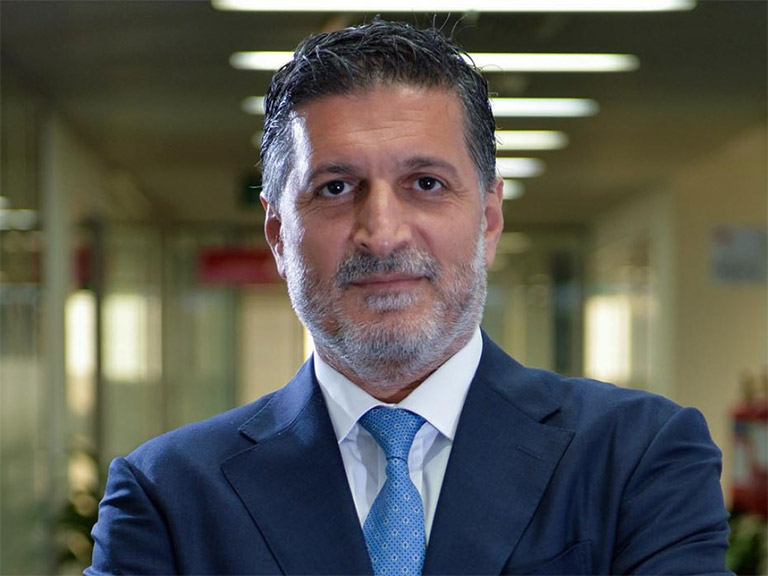 Elie El AsmarCEO, Oman
Elie El AsmarCEO, OmanTourism in Oman grew 5.2% in the first half of 2024, with 2 million visitors, up from the same period in 2023.
How is Oman realising an ambition to attract foreign visitors and investment?
Hear Elie’s analysis1 of 4 -
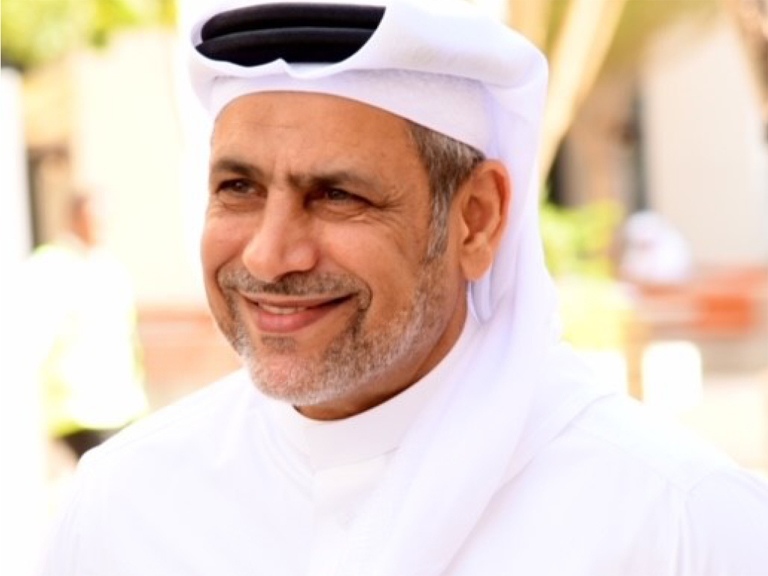 Abdul Hakeem MostafawiCEO, Qatar
Abdul Hakeem MostafawiCEO, QatarQatar ranks 11th overall in the World Competitiveness Yearbook 2024, on track towards achieving its Qatar National Vision 2030 ambitions.
What is energising economic growth in Qatar?
Hear Abdul’s view1 of 4 -
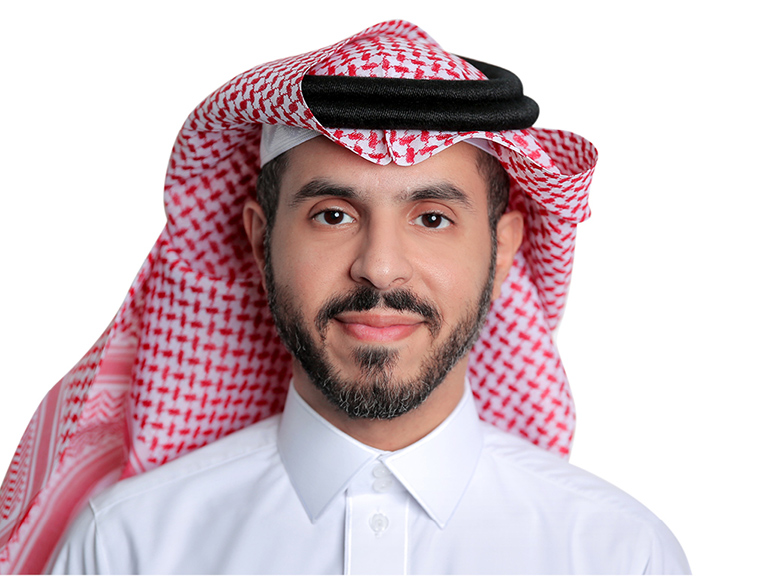 Faris AlGhannamCEO, Saudi Arabia
Faris AlGhannamCEO, Saudi ArabiaSaudi Arabia’s non-oil activities grew 4.9% year-on-year in Q2 2024, led by growth in financial and insurance sectors.
How is Saudi attracting foreign capital?
Hear Faris’s view1 of 4 -
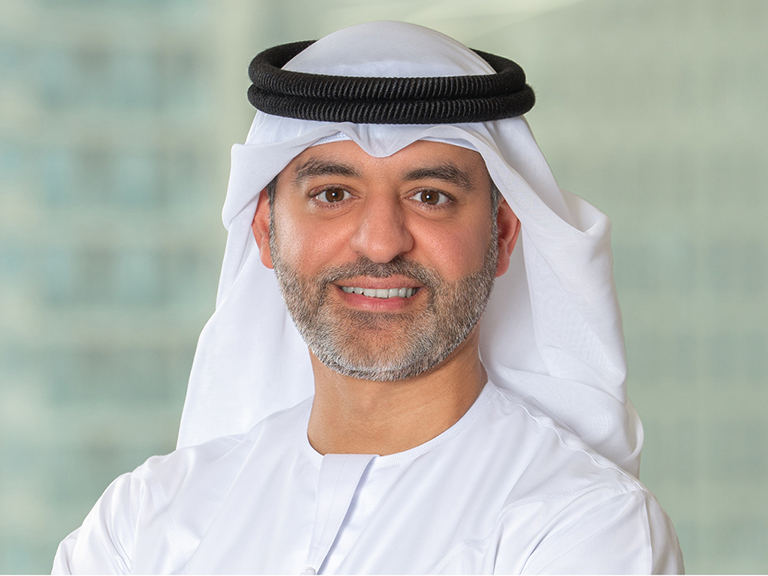 Mohamed Al MarzooqiCEO, UAE
Mohamed Al MarzooqiCEO, UAETransport and storage are the fastest-growing non-oil sectors in the UAE’s GDP, with an 8.4% growth rate.
How can HSBC support UAE and its clients?
Find out Mohamed’s answer1 of 4